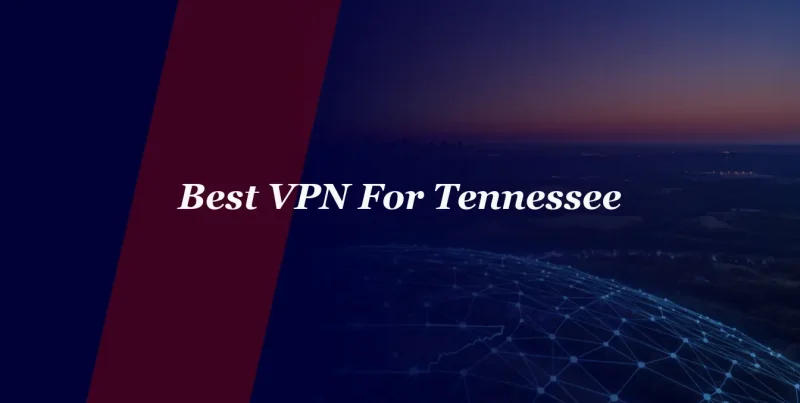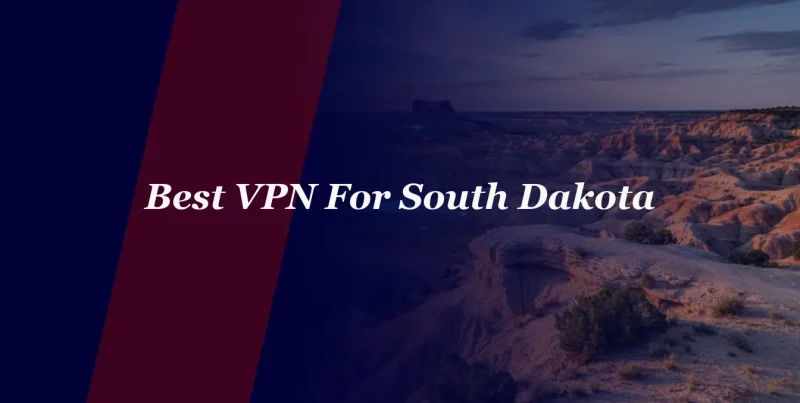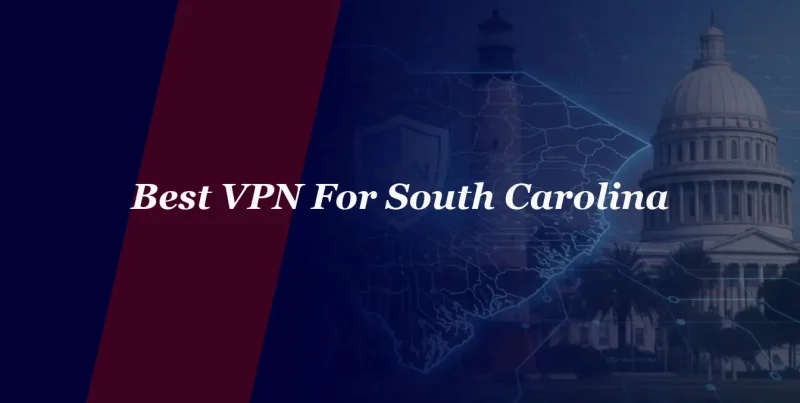There have been many instances where a VPN and proxy have been used interchangeably. That’s due to the fact that despite both VPN and proxy being more than a decade old, a lot of people don’t know they are not the same thing. Part of it could be attributed to the immediate function of both: bypass censorship or geo-restriction. But, several technologies make them different than what that common function would tell you.
There are several VPN services and proxy services on the web today. From different prices to different features, each of them claims to enhance privacy by making you anonymous. Proxy services tend to be favored because they are more accessible and requires no installation on your part – and many of them are free to use.
But before the sound of a free unblock service excites you, let’s dig deeper to understand what makes a VPN and proxy different.
How does a VPN work?
To better understand how VPN fits in making web browsing private, a refresher on how the internet works are in order.
An Internet Service Provider (ISP) is the gateway through which your device connects to the billions of devices on the internet. As soon as you enter to go on topvpnservice.com, the request leaves your device through the router and the ISP’s server.
The ISP then looks up the domain via its DNS server. A DNS server is a phonebook of the internet. It contains all the public domains and their corresponding IP address. Bear in mind that computers don’t connect to domain names; they connect to an IP address behind the domain names.
A DNS query is the process of looking up the IP address and all the HTML pages associated with it. The process works seamlessly without any hiccups. The glaring problem is that because the ISP is handling all the DNS queries, it constantly aware of every activity. Some ISPs even log your activity to sell the data to advertisers. Why? For targeted advertisements.
A VPN server is a remote that allows you to use it as a middleman for your internet requests. As soon as you initiate a connection, an encrypted communication channel will be established between you and the VPN server. The ISP will only see jargon – because VPN’s encryption is preventing anyone without the decryption key to look at the content.
The ISP still knows you its network, but it cannot see what activities you are doing, since neither your DNS queries nor data is exposed. The VPN server will relay your data to its destination, thus spoofing the actual IP address. And that’s pretty much how a VPN works.
So, what makes proxy different?
Technically, a VPN server is also a proxy server since it spoofs your real IP address by acting as a proxy, but in comparison, a VPN is more robust. A central server can host multiple computers in a private network, hence the name Virtual Private Network.
A proxy has similar functionality; it acts as a middleman to relay data to its destination. But there are significant differences, the first being encryption. Encryption is the holy grail of VPN, but it’s something that proxies lack. Data is exposed to the ISP, and activities can get logged. Secondly, proxies are set up on an application-level.
What that means is a specific application will utilize the proxy server, while other apps on the system will move through normally. VPN is a blanket solution to cover all types of outbound traffic on the system. Whether HTTPS or any other type of traffic, it will be encrypted and routed through the VPN server.
VPN is Much More Secure
VPN’s encryption makes it impossible for anyone to sniffing the data packets to see the contents of the data packets. DNS queries are handled by the VPN service’s DNS server, which may be operated by a third-party.
A third-party DNS server is a proverbial hole in the boat that is your privacy. Some VPN services operate using their DNS servers, and some rely on third-party DNS services. The latter exposes your visits to a third-party who could be logging the queries. The truly privacy-focused VPN services will use their DNS servers.
Proxies only go as far as spoofing your geo-location – that’s it. It will be faster because it does not have to run encryption. So if the goal is to unblock popular streaming services such as Netflix, then a proxy will work better. Speed is important for the best online streaming experience. SmartDNS is a popular proxy service that’s used by many for Netflix.
As I explained earlier, proxies work on an application level, bypassing any geo-restriction works for that particular application only. VPN services offer various features, such as Kill Switch, that disables internet connection to prevent activities from leaking to the ISP in the event of a disruption with the VPN server.
In the case of FastestVPN, you also get an ad-blocker and anti-malware protection. A VPN cannot serve as a replacement for an anti-virus, which covers every aspect of the system – not just network traffic. But it is nice knowing that malicious domains will be blocked off even though malware is not something a VPN is supposed to prevent.
Avoid Free Services
Make it a point to stay away from free services – whether it’s proxy or VPN. Free services not only offer limited speed and features, but its a serious risk to your privacy. The entire point of using a VPN is to making web browsing private. Free services let you spoof geo-location, but they will log activities to sell the data to advertisers. However, there are a few free VPN services that are recommended in terms of security and performance.
Running a VPN service 24/7 – or any service – has costs attached to it. If the service is not charging you, then it’s making money through other means. As the saying goes, if something is free, then you are the product. Facebook is free, but it makes money by showing you advertisements, and the same is through for Google Search.
As with anything free and useful, you can bet that many people have paid their interest in it. Free proxy services receive a lot of traffic because they get the job done for most people.
It means slow performance even while you are just browsing a website, let alone trying to stream a movie in HD. Some proxy services offer a limited list of servers to choose from. And in the case of free proxy services, you may not have control over what server you connect to. It’s usually a marketing trick to try and sign you up for the premium service for “unlimited access.”
VPN is Not Expensive
VPN services actively offer huge discounts on subscriptions – it’s a great way to snag multiple months/years that would otherwise cost much more. Most VPN services have a monthly subscription plan with a modest price of $10-$12.
Competition is tough in the VPN space, so every VPN service tries to offer the deal value. The top VPN services we have curated participate in the festivity every year. The list is a good place to start if you are in the market for a VPN. Some VPNs like FastestVPN also offer a lifetime plan.
The bedrock of my point is that there is no benefit in using free services when the cost of owning a VPN is cheap. Every VPN service comes with a money-back guarantee for up to a month. CyberGhost – for example – also offers a free trial.
Conclusion – VPN vs Proxy
With all things considered, it should be pretty evident why proxy services are an unlikely tool when privacy is concerned. Sure, you’ll get around a block in a jiff. Still, with ISPs monitoring every activity or government censoring content, or Net Neutrality holding the experience back – a VPN is the best tool for every situation.
Make sure to check out our deals and discounts on the best VPN services!







